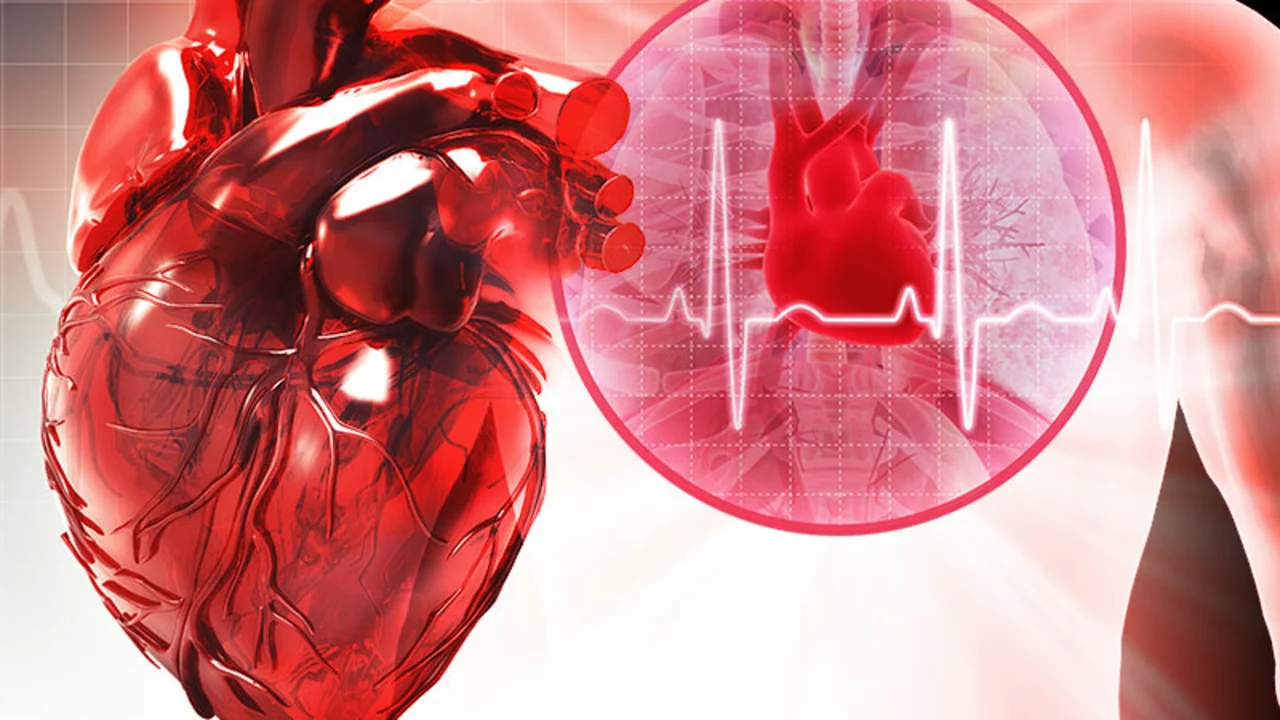Heart Stoppage
When talking about heart stoppage, the sudden halt of the heart’s beating that can come from medical, emotional, or environmental causes, most people picture a medical emergency in the ER. In reality, the term stretches across a range of scenarios – a 6.9‑magnitude quake rattling Cebu, a super‑typhoon tearing through Hong Kong, or a high‑impact collision on the football pitch. All of these events share a common thread: they can trigger a cardiac arrest, the abrupt loss of heart function that requires immediate resuscitation. Heart stoppage isn’t just a medical phrase; it’s a bridge between the physical shock of a natural disaster, the adrenaline surge of a sports injury, and the gut‑wrenching stress of watching your favorite team lose. Understanding that bridge helps you see why an earthquake, a typhoon, or a nail‑biting match can all feel like a literal heart‑stopping moment.
Why Understanding Heart Stoppage Matters
First, natural disaster, events like earthquakes or typhoons that strike with massive force can cause heart stoppage by shocking the nervous system and spiking blood pressure. The Cebu quake that left dozens dead and thousands sheltering shows how abrupt stress can push a vulnerable heart into arrest. Second, sports injury, trauma from high‑impact play such as a hard tackle or sudden collision can compress the chest, disrupt blood flow, and lead to a sudden stop. Florian Wirtz’s first Anfield match, for example, generated enough excitement that fans felt their pulse race – a reminder that intense physical exertion can flirt with cardiac limits. Third, emotional stress, the strong feelings you get from fear, excitement or disappointment often acts as the hidden driver behind heart stoppage. Whether it’s the shock of a last‑second goal or the anxiety of a looming natural disaster, the brain sends a surge of adrenaline that can overload the heart. These three forces—natural disaster, sports injury, and emotional stress—each link back to the central idea that heart stoppage is a multi‑faceted phenomenon.
By mapping the connections, you can spot patterns before they turn deadly. If you live in a quake‑prone region, keep emergency kits ready and learn CPR; if you’re a regular at high‑intensity games, stay on top of heart‑health checks; if you’re a super‑fan who feels the game in your chest, practice breathing techniques to calm the nervous system. Below you’ll find a curated set of stories that illustrate these links: a devastating earthquake in Cebu, a record‑breaking typhoon in Hong Kong, a deep‑dive into cardiac arrest prediction, and a look at why fans get so upset about sports. Each piece adds a layer to the bigger picture of heart stoppage, giving you both the facts and the practical steps you need to stay safe when the next shock hits.
Can a strike to the chest stop the heart?

